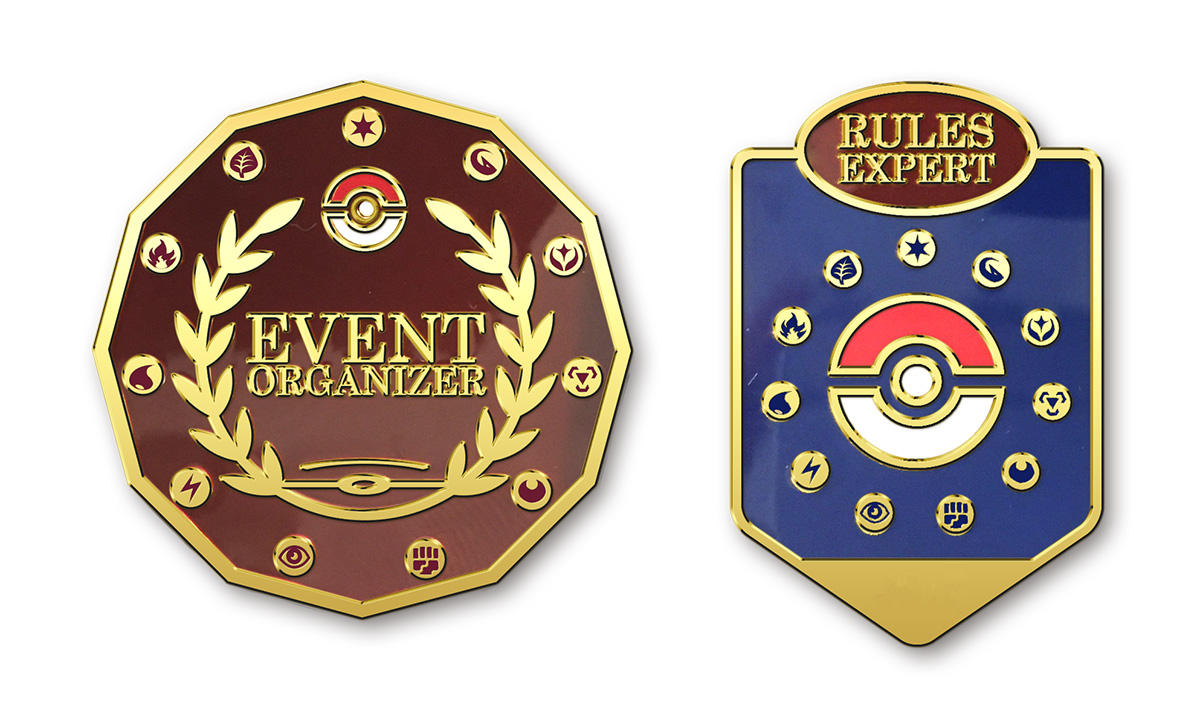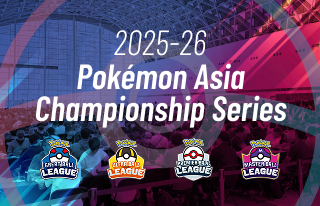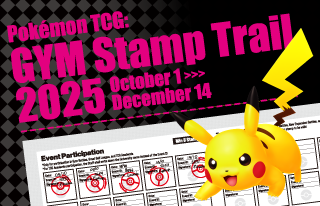Update to the Floor Rules for the start of the 2023-24 Pokémon Trading Card Game Asia Championship Series
The 2023-24 Pokémon Trading Card Game Asia Championship Series will be starting soon! As such, we have updated the shared tournament policies known as Floor Rules – which are meant to ensure every person attending an event gets to enjoy the best Pokémon Card Game competition experience possible.
All Pokémon Card Game event attendees – competitors and spectators – are expected to understand and abide by these rules, and contribute to creating a fair, wholesome experience for everyone.
Attending any event will be considered as adhering to these Floor Rules, and any attendee going against these rules may receive a penalty, be disqualified from the event, and/or be asked to leave the venue.
Below are the main changes to the Floor Rules for the 2023-24 Pokémon Trading Card Game Asia Championship Series.
Main updates and changes:
In ‘Section 2 – To all Players’, added prohibited behavior during play:
- Receiving any information about one’s match, or other players’ matches, from an outside source.
- Making phone calls or using any mobile device during a match.
- Bringing notes or documents with pre-written content.
- Drinking and eating (drinking in reasonable amounts for rehydration is however allowed and encouraged)
In ‘Section 3 – To all Spectators’, added a concrete definition and some prohibited behaviors for spectators:
Definition of a Spectator
Someone who attends a Pokémon event, but is not actively competing in the tournament. This includes legal guardians, companions, and competitors who dropped from the tournament.
Prohibited behavior
- Please do not interfere with matches in any way.
- As to not disturb players, please make sure to stay at a proper distance from ongoing matches.
- If a spectator interfering with matches happened to be in charge of a player participating in the tournament, that player will share the responsibility of that behavior and may receive a penalty.
- As a consequence, if a spectator’s behavior led to their exclusion from the venue, their player may end up being disqualified.
Added ‘Section 5 – About the Tournament Organization’, clearly stating important points about how events are run:
Tardiness
Players are responsible for making sure they have completed all steps required for participation and that they are present in the venue before the announced Player Meeting time.
First Qualification Round
Players who have not completed all steps required for participation within the designated check-in time will get an automatic loss for the first round of the event and won’t get to play.
If such a player wishes to rejoin the event and start playing from Round 2, they must complete the necessary procedures at the Event Management main desk before the end of the first round.
Second Round Onwards
From Round 2 onwards, if a player is not seated at their designated table and able to start playing when the round starts, they will be considered as having lost that Round and will not be able to keep playing in the tournament.
Match Results
If a mistake happens to be found in match results records, the decision whether or not to redo pairings will be at the organizer’s discretion.
The organizer may, before the next round starts, correct the mistake and have the minimum number of players be re-paired as viable pairings. Alternatively, they may let the round begin and later correct the match records. In either case, those players will have correct pairings in the next round.
In ‘Section 6 – Cards Legality’, added Deck Check policies:
In official events, players must always provide a completed Deck List, which will be used for Deck Checks when moving from Swiss Rounds to a Single Elimination tournament, or at random during Swiss Rounds. At least 10% of decks will be checked as a minimum, with organizers and event staff members checking as many decks as possible within the organizational constraints.
In ‘Section 11 – Manipulation of Match Outcome through Illicit Means’, added explicit examples of prohibited behavior:
- Asking the opponent to concede.
- Asking repeatedly for an intentional Tie when the opponent has already clearly refused.
- Trying to influence the match outcome through bribing, coercing, or putting pressure on the opponent through any other means.
- Referring to the tournament rankings, or waiting for other matches to conclude, before deciding to concede or tie.
- Randomly deciding the outcome of the match (for example, with a coin flip) or using any other alternate method to determine the outcome of the match.
In ‘Section 12 – Penalties’, added examples of rules violations leading to disqualifications and bans:
Disqualification
- Any other rules violations that could severely impact match progress and results.
Ban
- Confirmed repeated cheating behavior.
- Any behavior identified by the organizer as malicious, or as presenting a severe risk to the safety and fairness of the event.
- Physical and/or verbal violence towards other attendees.




















